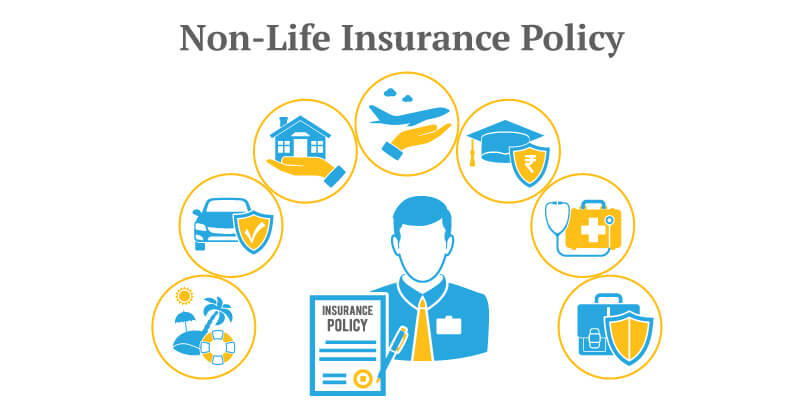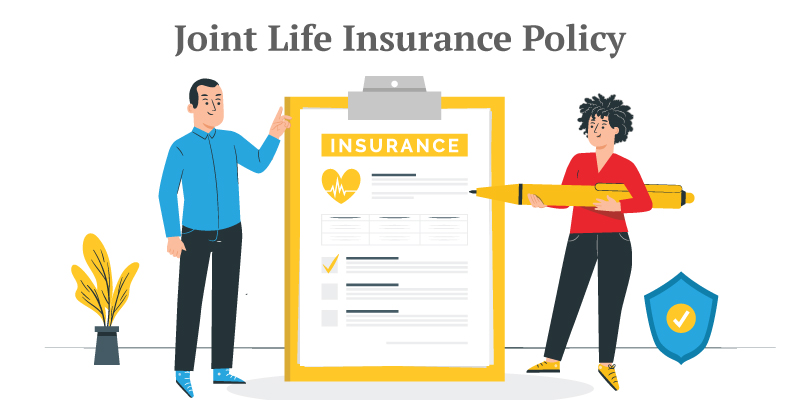1. What is Property Insurance?
Property insurance is a basic non-life insurance business regulated by Article 7 of the 2010 Insurance Business Law and defined as follows: “Property insurance is an insurance product whereby the insurance company commits to compensate the insured party for losses incurred to the insured property as agreed upon in the insurance contract. The insured party is required to pay the insurance premium according to the agreement.”
2. Characteristics of Property Insurance
From the above definition, the characteristics of property insurance can be outlined:
-
- Property insurance is an intangible product, and the policyholder can only see the result of insurance when a risk related to the insured property, the subject of the insurance contract, occurs.
To benefit from this type of product, the insured party must sign a property insurance contract with the insurance company to establish the basis for compensation when the insured object faces risks.
3. Characteristics of Property Insurance Contracts
According to Article 1 of Article 12 of the 2000 Insurance Business Law: “An insurance contract is an agreement between the insured and the insurance company, wherein the insured party must pay the insurance premium, and the insurance company must pay the insurance money to the insured party when an insurance event occurs.” From this definition, insurance is a mechanism where the insurance company receives a premium from the policyholder to set aside for compensation and payments when an insurance event occurs. In other words, insurance is a risk transfer mechanism between the policyholder and the insurance company, and the insurance contract is the legal form of that insurance mechanism. Thus, a property insurance contract is a type of insurance in which the insurance company collects insurance premiums from the policyholder based on a certain percentage of the property’s purchase price and commits to compensate the policyholder when the insured property falls into the insured cases.
3.1. Basic Features of Property Insurance Contracts
- Agreements between the parties in the contract relate to random events with an element of uncertainty. Insurance covers risks, not certainties.
- Implementing an insurance contract is the resolution of the consequences of agreed-upon risks in the insurance contract.
- When entering into an insurance contract, parties cannot be certain or accurate about the insurance event that will occur; the consequences cannot be determined in advance.
- Determining the responsibility of the insurance company depends on whether random events with an element of uncertainty occur.
3.2. Features Regarding the Insured Object:
- The property in the property insurance contract must be legal and allowed to circulate in the market.
- The property in property insurance must exist at the time of contract formation. The policyholder needs to prove that the property to be insured exists; otherwise, the insurance relationship cannot be established.
- The property must be quantifiable. In other words, the value of the property can be calculated to determine the insurance value.

4. How is Compensation in Property Insurance Implemented?
The value of the loss is the basis for property insurance compensation.
To ensure the compensation purpose of property insurance, the Insurance Business Law stipulates that the compensation amount must not exceed the value of the property damage at the time of the risk occurrence.
The value of the property damage must be determined honestly, based on the market value of the property at the time of the risk occurrence and the actual extent of the damage. The costs of determining the damage are borne by the insurance company.
In addition to the compensation amount, necessary and reasonable expenses incurred by the policyholder to prevent and limit losses, according to the instructions of the insurance company, will also be covered by the insurance company.
4.1. Methods of Property Insurance Compensation
The method of compensation will be agreed upon by the insurance company and the policyholder, including:
- Repair of the damaged property
- Replacement of the damaged property with other property
- Cash compensation
If the two parties cannot agree, cash compensation will be chosen.
4.2. Transfer of the Right to Claim Reimbursement
This principle applies when a third party is at fault for damaging the insured property. If compensation has already been made, the insured party is responsible for transferring the right to claim reimbursement from the third party to the insurance company.
If the insured party refuses to transfer the right, does not reserve it, or waives the right to claim reimbursement from the third party, the insurance company has the right to deduct the compensation amount depending on the degree of fault of the insured party.
The insurance company is not required to reimburse if the third party is the father, mother, spouse, child, or sibling of the insured party unless these individuals intentionally cause the loss.
4.3. Assessment of Loss and Damage of the Insured Property
The assessment of property damage is carried out by the insurance company and is at the expense of the insurance company.
If there is no agreement on this result, the parties may request an independent appraiser. If there is no agreement on an independent appraiser, one of the parties has the right to request the court where the loss occurred or the place where the insured party resides to appoint an independent appraiser. The conclusion of the independent appraiser is binding on the parties.
4.4. Responsibility for Complying with Safety Regulations by the Insured Party
To minimize the risk of damage to the insured property, the insured party is responsible for complying with regulations on fire prevention, safety and occupational hygiene, and other related regulations.
The insurance company has the right to inspect, recommend, require, and set deadlines for the insured party to implement safety measures for the property. If the insured party fails to comply within the deadline, the insurance company has the right to increase the insurance premium or unilaterally suspend the property insurance contract.
The insurance company may implement safety measures for the property if the policyholder or the competent authority agrees.
5. Claim Process in Property Insurance
The compensation process is carried out according to the agreement of the property insurance contract.
5.1. Documents for Property Insurance Compensation Claim
Typically, the insured party needs to prepare the following documents:
- Property insurance compensation claim form
- Signed property insurance contract
- Certificate or record confirming compliance with safety conditions (fire prevention, occupational hygiene, etc.)
- Damage assessment report from the insurance company or an independent appraiser
- Report assessing the cause of the loss (from the Fire Prevention and Fighting Police Department or other competent authority)
- Declaration of loss and supporting documents.
5.2. Deadline for Claiming Property Insurance Compensation and Compensation Process
Articles 28 and 29 of the Insurance Business Law state:
- The deadline for claiming property insurance compensation is one year from the date of the insurance event, except in cases of objective obstacles or force majeure events, as specified by law.
- The insurance company must compensate within the agreed-upon contract period. If there is no agreement, the deadline is 15 days from the date of receiving a valid compensation claim file.
- The statute of limitations for litigation is three years from the time the dispute arises (if any).
Cre: News/thehartford.com



